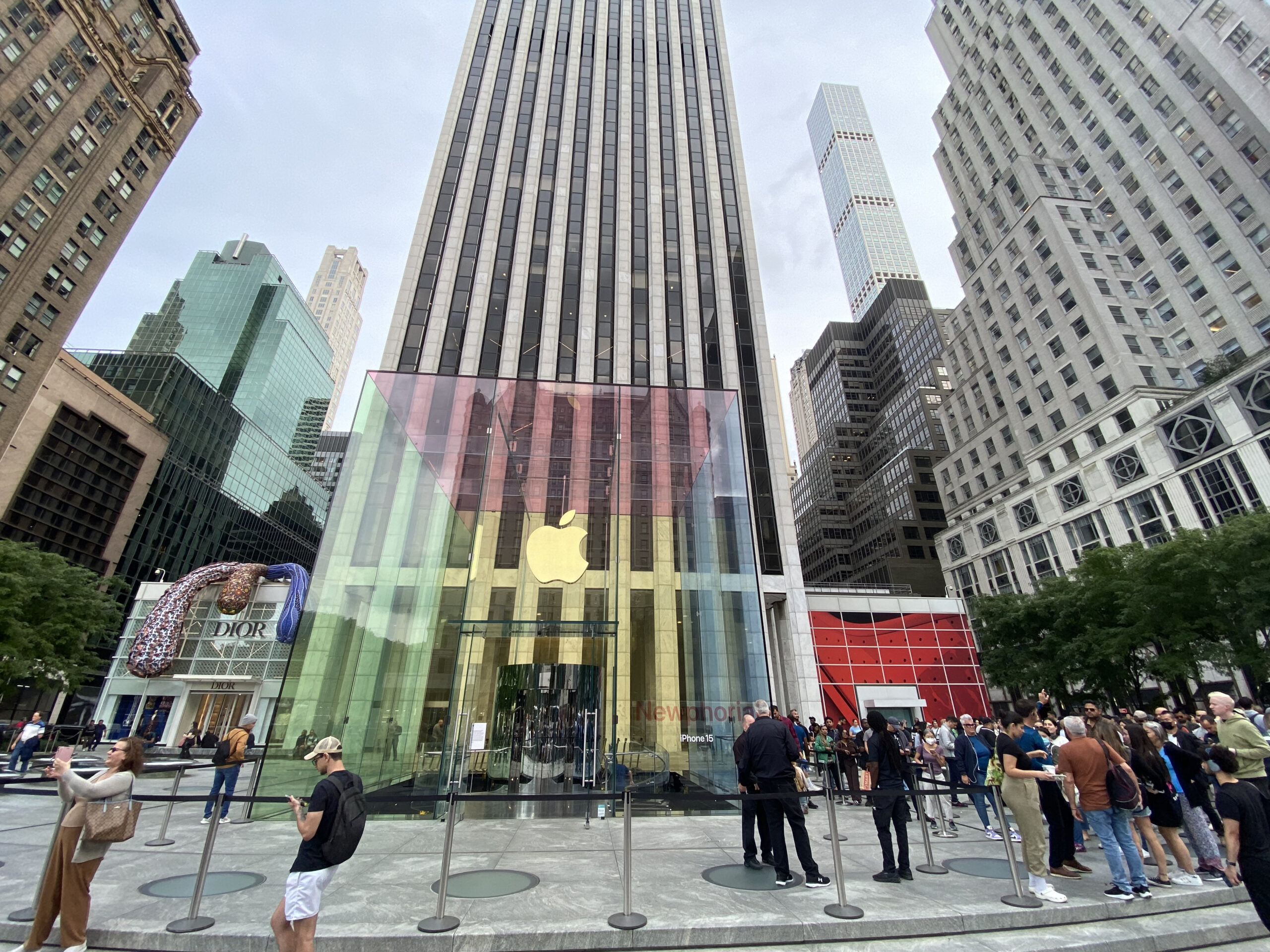Samsung/Apple: Revenge of the Rounded Rectangles (Functionally Speaking)
Some time ago we covered the Samsung-Apple smartphone-tablet suit/countersuit, ridiculing the notion that a flat, rounded, rectangular object could be the subject of a design patent. CCIA’s Ed Black opined to similar effect in Forbes. Design patents protect ornamentation, and – properly construed – should not foreclose competitors from using functional characteristics of design.
Our previous post articulated what I will call the ‘good-idea-not-to-put-sharp-objects-in-your-pants principle’: On a pocketable device, rounded corners provide obvious functional elements that no one, including Apple, is entitled to own. To do otherwise would stifle competition.
That notion received a vote of confidence from appellate judges in the UK today, even though, under somewhat controversial circumstances, a U.S. jury found for Apple in the case we were referring to at the time. (N.B. This was with respect to smartphones, but not tablets. That decision is on appeal, and earlier this month the court lifted a sales ban on Samsung’s Galaxy Tab.)
The Guardian reports that in an appellate decision this morning regarding the Samsung Galaxy Tab, UK courts affirmed a similar stance. The trial court had held that “[t]he rectangular display screen is totally banal and determined solely by function.”
The Court of Appeal seems to agree with our ‘principle’ on the functional questions, saying “rounded corners are unremarkable (and have some obvious functional value in a hand-held device), and (3) you need a border of some sort for functional reasons. There is some design freedom as regards ornamentation, the rim, the overall shape (rectangular or with some curved sides) but not a lot.”
In concluding, the appellate court opinion offers some of the most sensible words yet to be spoken on this dispute yet:
I would add that even if I were forming my own view of the matter, I would have come to the same conclusion and for the same reasons. If the registered design has a scope as wide as Apple contends it would foreclose much of the market for tablet computers. Alterations in thickness, curvature of the sides, embellishment and so on would not escape its grasp. Legitimate competition by different designs would be stifled.”
(emphasis mine).








